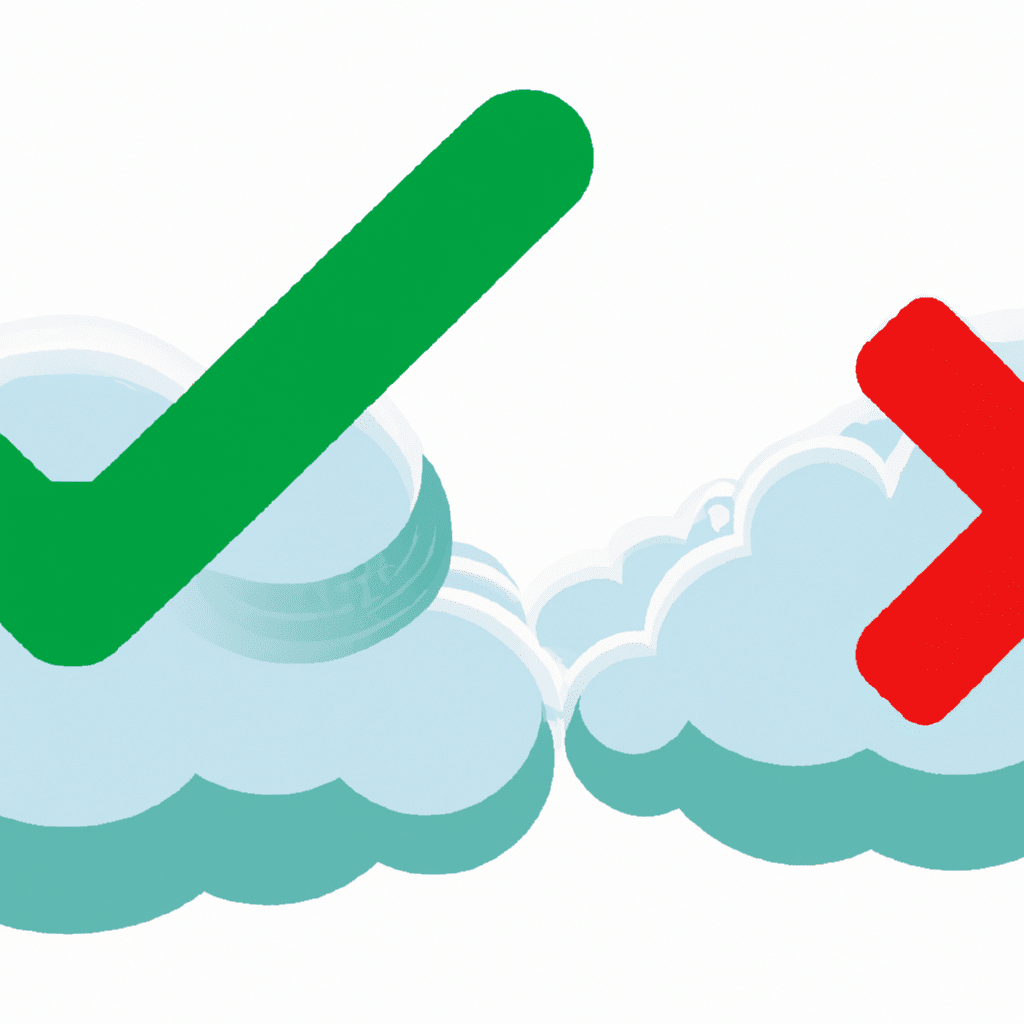Cloud storage has revolutionized the way people store and access data. It has become an essential part of modern-day life, but like any other technology, it has both advantages and disadvantages.

In this article, we will discuss the pros and cons of cloud storage, so you can make an informed decision on whether or not to use it.
Pros of Cloud Storage
Accessibility and Convenience
One of the most significant advantages of cloud storage is accessibility. Users can access their data from anywhere in the world, as long as they have an internet connection. This eliminates the need to carry around physical storage devices, such as hard drives or USB drives, making it a convenient option for people who are always on the go.
Cost-Effective
Cloud storage is an affordable option for both individuals and businesses. With cloud storage, you only pay for the storage space you need, and you can easily upgrade or downgrade your storage plan as your needs change. This is unlike physical storage devices, where you have to purchase a new device if you need more storage space.
Automatic Backups
Cloud storage providers often offer automatic backups of your data. This means that your data is always up-to-date and secure, even if your device crashes or is lost. You can easily restore your data from the cloud, ensuring that you never lose important files.
Collaboration
Cloud storage makes collaboration much easier. Users can share files and folders with others, allowing them to work on the same document simultaneously. This is especially useful for remote teams who need to work together on a project.
Cons of Cloud Storage
Security Concerns
One of the biggest concerns with cloud storage is security. Users are entrusting their data to a third-party provider, which can make it vulnerable to hacking and data breaches. However, cloud storage providers take security very seriously and use advanced encryption methods to protect user data.
Dependence on Internet Connection
Cloud storage is dependent on an internet connection. Without an internet connection, users cannot access their data. This can be a problem for people who are in areas with poor or no internet connectivity.
Limited Control
When using cloud storage, users have limited control over their data. They have to rely on the cloud storage provider to keep their data secure and accessible. This lack of control can be a concern, especially for sensitive data.
Data Loss
Although cloud storage providers offer automatic backups, there is still a risk of data loss. This can be due to human error, technical glitches, or natural disasters. Users should always have a backup of their data in a separate location to ensure that they never lose important files.
Conclusion
Cloud storage has both advantages and disadvantages. It provides accessibility, affordability, automatic backups, and collaboration, but also raises concerns about security, dependence on internet connectivity, limited control, and data loss.
Before deciding to use cloud storage, users should weigh the pros and cons and determine whether it is the right option for their needs. Overall, cloud storage is an excellent option for most users, but it is essential to choose a reliable provider that takes security seriously.












